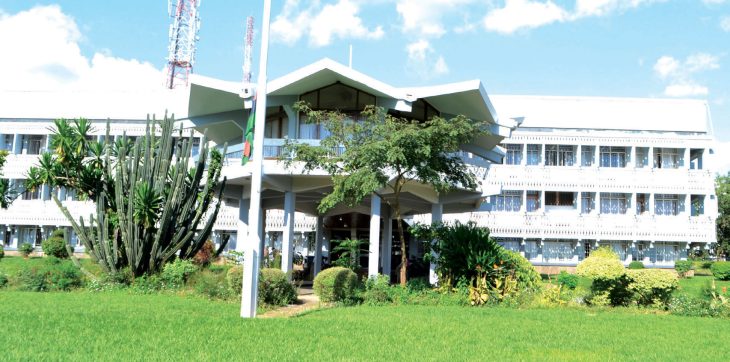
Malawi’s Economic Growth Hinges on Debt Management: A Call to Action for Business Leaders
Key Business Points
- Private sector credit growth is slowing down, with a decline in March, highlighting the need for businesses to explore alternative financing options.
- Government borrowing dominates the banking system, with a significant increase in public sector credit, which can lead to constrained industrial expansion and limited access to credit for growth initiatives.
- Investment in productive sectors is limited, with economists warning that government borrowing primarily funds consumption rather than growth-enhancing activities, rendering Dzuka limwali (limited investment) a pressing concern for Malawi’s business community.
Malawi’s economy is facing a critical juncture, with government borrowing continuing to dominate the banking system. According to the Reserve Bank of Malawi (RBM), public sector credit reached K6.5 trillion by the end of the first quarter, far surpassing private sector lending of K1.5 trillion. This skewed credit allocation is a cause for concern, as it reflects limited investment in productive sectors and may constraining industrial expansion. Mbingo y.spiyu (credit allocation) is a critical aspect of economic growth, and the current trend may hinder Malawi’s efforts to achieve sustainable development.
The RBM’s latest monthly economic review highlights the decline in private sector credit growth in March, while public sector borrowing surged, driven mainly by Central Government financing needs. The central bank acknowledged that this created expansionary monetary conditions, despite ongoing efforts to tighten money supply. However, the impact was partially offset by the settlement of all outstanding Ways and Means advances and a K70 billion increase in government deposits at the central bank.
Economic analyst Lesley Mkandawire warned that continued government borrowing dominance would constrain industrial expansion, as businesses struggle to access credit for growth initiatives. Mkandawire noted that government borrowing primarily funds consumption, rather than growth-enhancing activities, highlighting the need for a more sustainable approach to Mkakabudzi (funding) initiatives.
Sectoral lending statistics reveal mixed performance, with expansions recorded in financial services, manufacturing, and construction. However, wholesale and retail trade led declines, followed by utilities, transport and communications, and community services. The decline in private sector credit growth and the dominance of government borrowing are warning signs for Malawi’s business community, emphasizing the need to explore alternative financing options and invest in productive sectors to drive Mvuko (growth) and development.
What are your thoughts on this business development? Share your insights and remember to follow us on Facebook and Twitter for the latest Malawi business news and opportunities. Visit us daily for comprehensive coverage of Malawi’s business landscape.
- Revitalizing Malawi’s Economy: Lower Food Prices Signal New Growth Opportunities - January 31, 2026
- Revitalizing Malawi’s Economy: Tackling Climate Related Underfunding for Sustainable Growth - January 30, 2026
- Navigating Malawi’s Fiscal Crossroads: Strategies for Business Resilience Amidst Rising Debt - January 29, 2026
